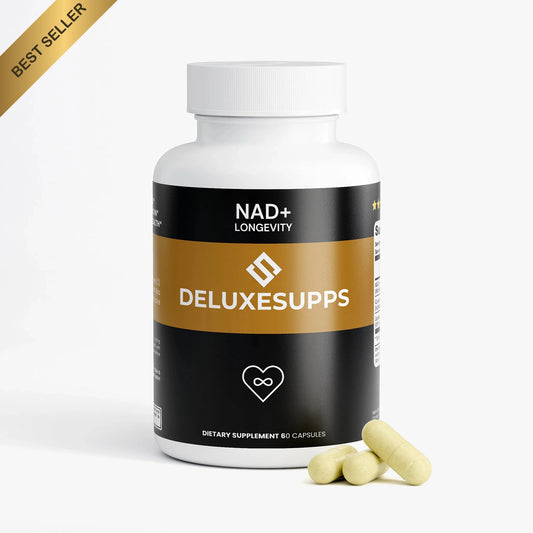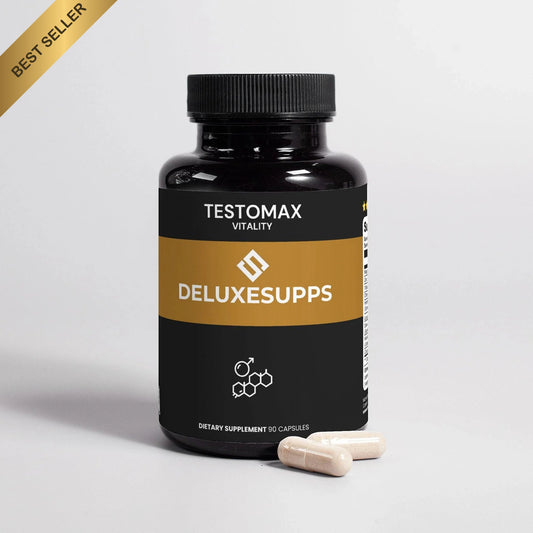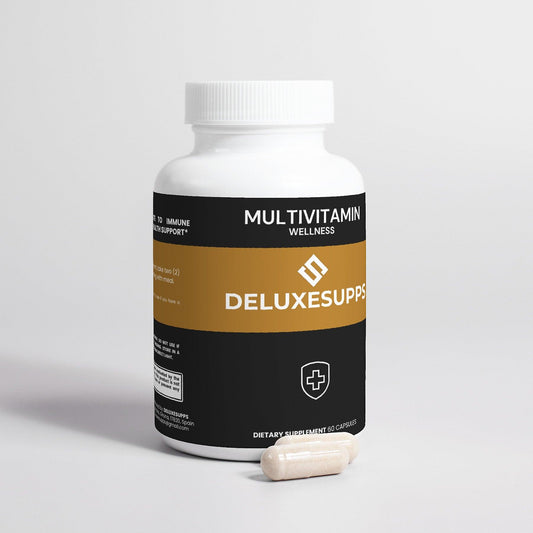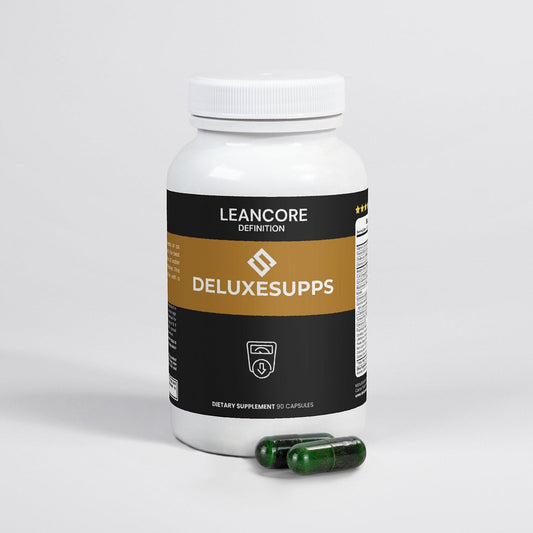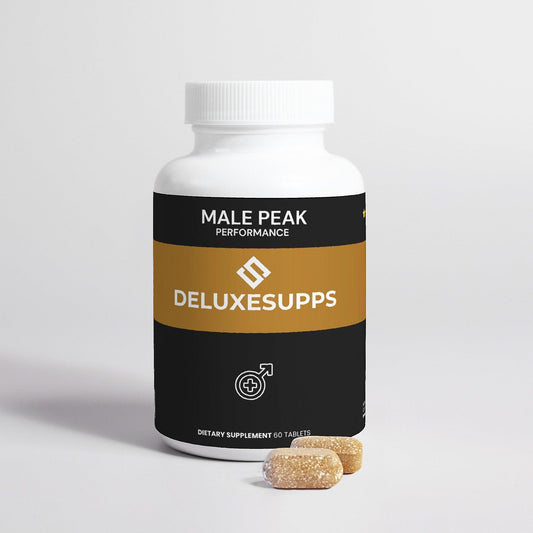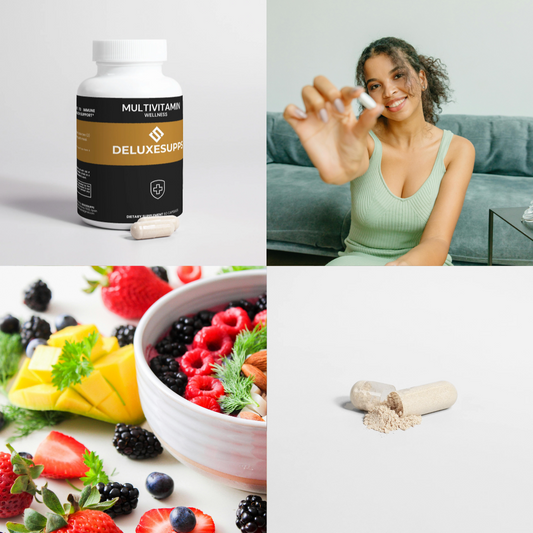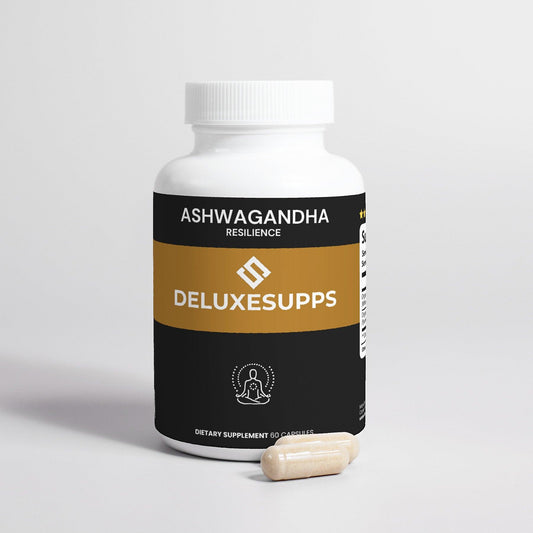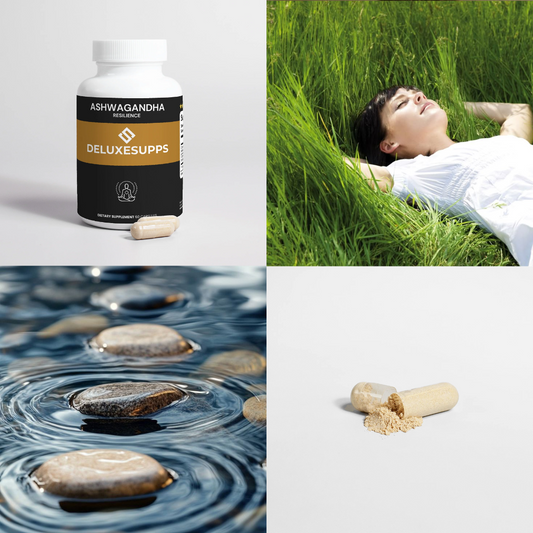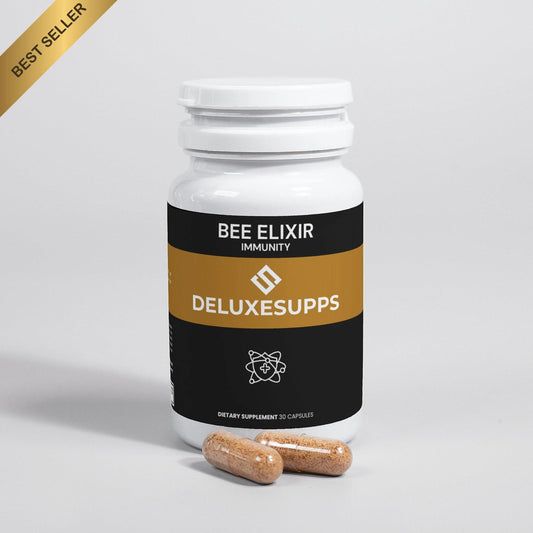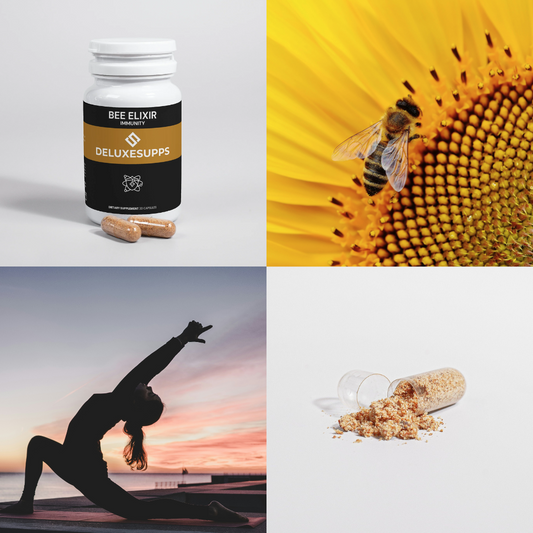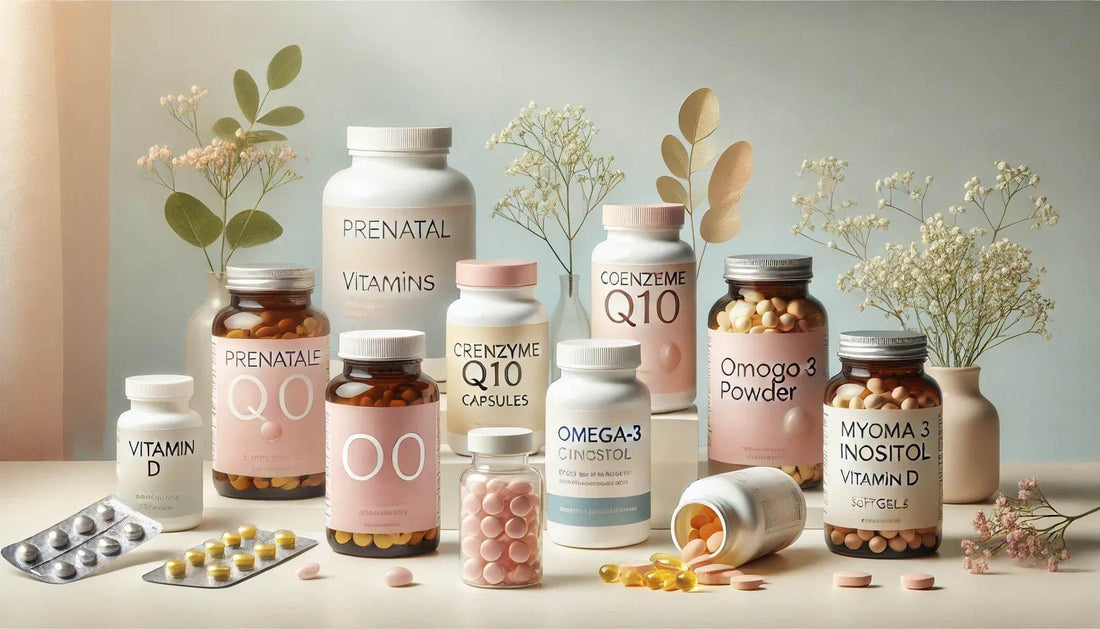Female fertility is a key component of reproductive health, and more women are becoming aware of how nutrition and lifestyle choices can impact their ability to conceive. Supplements play a vital role in supporting hormonal balance, egg quality, and overall reproductive function. In this blog, we’ll explore the essential nutrients, top supplements, and lifestyle habits that can enhance women's reproductive health.
Essential Nutrients for Egg Health
A woman’s reproductive health relies on the right balance of vitamins, minerals, and antioxidants. These nutrients play a crucial role in egg development, hormonal regulation, and overall fertility. Let’s break down the most important fertility-supporting nutrients.
Key Nutrients
-
Folate (Folic Acid)
Folate is essential for healthy egg development and DNA synthesis. It also reduces the risk of neural tube defects in early pregnancy, making it a critical nutrient for women trying to conceive. -
Vitamin D
Vitamin D is important for regulating reproductive hormones, particularly estrogen and progesterone, which are essential for a healthy menstrual cycle and ovulation. -
Coenzyme Q10 (CoQ10)
CoQ10 supports mitochondrial function in egg cells, improving egg quality and energy production. As women age, CoQ10 levels decline, making supplementation beneficial for those trying to conceive later in life. -
Omega-3 Fatty Acids
Omega-3s help reduce inflammation, support hormone balance, and improve blood flow to the reproductive organs, all of which contribute to better fertility outcomes. -
Iron
Iron plays a crucial role in ovulation and overall reproductive health. Women with low iron levels may experience irregular cycles or anovulation (lack of ovulation). -
Myo-Inositol
Myo-inositol is a type of B-vitamin-like compound that helps regulate insulin levels and support ovarian function, particularly in women with PCOS (polycystic ovary syndrome).
How These Nutrients Support Reproductive Health
Each of these nutrients plays a critical role in optimizing fertility:
- Folate ensures proper cell division in developing eggs.
- Vitamin D regulates reproductive hormones.
- CoQ10 enhances egg quality by supporting cellular energy.
- Omega-3 improve hormone balance and reduce inflammation.
- Iron supports ovulation and blood flow to the uterus.
- Myo-inositol improves ovarian function and egg maturation.
Knowing the recommended daily intake of these nutrients helps in making informed supplement choices. For instance, women trying to conceive should aim for at least 400-800 mcg of folic acid and 1,000 mg of omega-3s per day.
Top Supplements
-
Prenatal Vitamins
A high-quality prenatal vitamin ensures women get essential fertility-supporting nutrients like folate, iron, and vitamin D. -
Coenzyme Q10 (CoQ10)
Supplementing with CoQ10 supports egg quality, especially for women over 30, by improving mitochondrial function in egg cells. -
Myo-Inositol
Myo-inositol is particularly beneficial for women with PCOS, as it helps regulate menstrual cycles and improve egg quality. -
Omega-3 Fatty Acids
Omega-3s improve reproductive health by supporting hormone production, reducing inflammation, and improving uterine lining quality. -
Vitamin D Supplements
Since vitamin D deficiency is common, supplementing can help maintain hormonal balance and support fertility.
Effectiveness of Supplements Based on Research
Studies show that folate, CoQ10, omega-3s, and myo-inositol significantly improve fertility markers in women. When combined with a balanced diet and healthy lifestyle, these supplements can enhance reproductive outcomes.
Lifestyle Factors That Influence Fertility
While supplements provide essential nutrients, lifestyle habits play a major role in fertility. Here are some key areas to focus on:
-
Nutrition and Exercise
A well-balanced diet rich in whole foods, lean proteins, healthy fats, and antioxidants supports hormone health and egg quality. Moderate exercise helps regulate hormones, but excessive exercise can negatively impact ovulation. -
Managing Stress
Chronic stress can disrupt hormone production and ovulation. Mindfulness, yoga, and deep breathing exercises can help regulate stress and improve reproductive function. -
Limiting Alcohol and Smoking
Excessive alcohol consumption and smoking can harm egg quality and disrupt hormonal balance. Reducing or eliminating these habits can significantly boost fertility.
How to Choose the Right Fertility Supplement
-
Consider Personal Health Needs
If you have specific fertility concerns, such as PCOS or irregular cycles, choosing supplements like myo-inositol or CoQ10 may be beneficial. -
Consult a Healthcare Professional
A doctor or fertility specialist can recommend the right combination of supplements based on your health status and fertility goals. -
Choose High-Quality Supplements
Look for third-party tested supplements with clinically proven ingredients. Avoid unnecessary fillers, artificial additives, and low-quality formulations.
The Role of Supplements in Fertility
Supplements can be a powerful tool for improving female fertility, but they work best when combined with a healthy lifestyle. Essential nutrients like folate, CoQ10, vitamin D, and omega-3s support egg health, hormone balance, and overall reproductive function.
Take Charge of Your Fertility
Fertility is influenced by a variety of factors, including diet, exercise, stress management, and supplement intake. By making informed choices and prioritizing reproductive health, you can enhance your chances of conception.
Explore Our Supplements
Looking for high-quality fertility supplements? Check out our selection of scientifically backed products designed to support female reproductive health and optimize fertility.
SCIENCE SOURCE:
Dietary supplements for female fertility. (National Library of Medicine)
